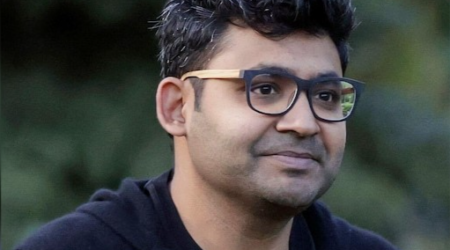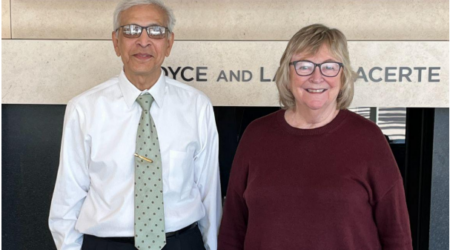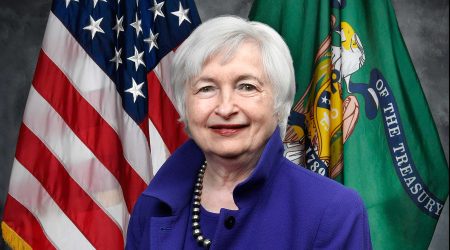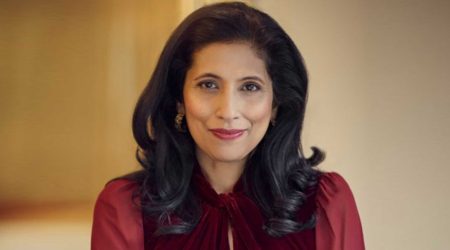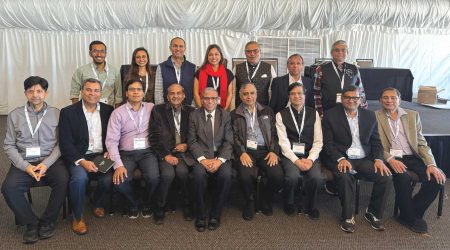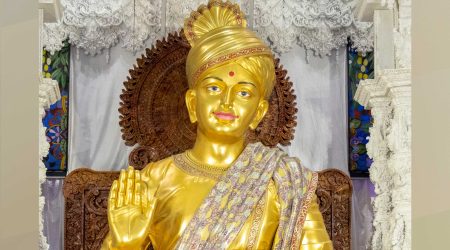By John Di Leonardo
Mother’s Day is an annual tradition celebrated in the United States on the second Sunday in May. Mother’s Day honors mothers, motherhood, and maternal bonds in general, as well as their positive contributions to their families and society. This Mother’s Day, I invite you to honor not just human mothers, but animal mothers as well. Death can occur in millions of ways but only a mother can give birth.
Cows produce milk for the same reason that human women do: to feed their babies. In the United States, dairy farmers repeatedly artificially inseminate them and then take their babies away from them, often within 24 hours. This traumatizes mother and baby alike. Female calves are killed immediately or fed milk replacers, so humans can steal the milk meant for them, and sentenced to the same fate as their mothers. Male calves are often sold to the veal industry, where they’re chained inside tiny stalls and kept malnourished so their flesh will stay pale.
Cows have been known to escape their enclosures and travel for miles to find their missing babies. One cow, Clarabelle, was just hours from being slaughtered after her milk production waned when she was rescued by a sanctuary. The sanctuary workers discovered Clarabelle was pregnant. This loving mother had her babies torn from her so many times that when she gave birth at the sanctuary she hid her baby in tall grasses far out of sight. While Clarabelle got to keep this baby, cows on dairy farms are not so lucky.

Acharya Tulsi Ji
Even in India, where cows are considered sacred and their slaughter is illegal in much of the country, baby bulls and “spent” cows are discarded to the street like trash or forced on death marches where they are often slaughtered and exported to other countries, making the country that is seemingly the kindest to cows the largest exporter of beef and leather in the entire world.
Treating these mothers with such disrespect is not just harmful to cows but to human mothers and our own children as well. Since cow’s milk is designed to meet the nutritional needs of calves, who grow hundreds of pounds in just a few months, it encourages the development of obesity, diabetes, and heart disease. The Physicians Committee for Responsible Medicine reports that consuming cows’ milk has also been linked to colic, anemia, food allergies, and digestive problems. (You’re not “lactose intolerant”. You’re just not a baby cow!)
Our mistreatment of cows and chickens alike may also lead to the next pandemic. Dairy cows across nine states – and at least one farm worker – have become infected with H5N1 avian influenza and international industry sources alike are raising the alarm about how U.S. agricultural practices, such as feeding “poultry litter” – a mixture of poultry excreta, spilled feed, feathers, and other waste scraped from the floors of industrial chicken and turkey production plants, and keeping these animals in close and filthy confines, creates a breeding ground for disease to mutate. While this latest strain of H5N1 doesn’t readily transmit to humans, it is rapidly evolving to infect other mammals and past strains of H5N1 had more than a 50% human mortality rate, creating the potential for a pandemic much more deadly than Covid-19.
Ahead of this Mother’s Day, Humane Long Island has partnered with World Vegan Vision and Empathy Films to premiere six billboards on Long Island urging people to “choose vegan”. With heartbreaking imagery of baby cows, the billboards read “First they took my milk, then they took my mom, then they took my life.” We are also partnering with PETA to distribute hundreds of plant-based Babybel cheeses at the Long Island Feast Fest and partnering with North Fork Chocolate for a vegan Mother’s Day Brunch. For this Mother’s Day, I invite you to make a small vow, or Anuvat, to join us in honoring all mothers by choosing vegan on May 12th.

John Di Leonardo is the founding director of Humane Long Island. He was previously the Senior Manager of Grassroots Campaigns and Animals in Entertainment Campaigns for People for the Ethical Treatment of Animals (PETA). He has a Master’s degree in Anthrozoology from Canisius College. He also earned a graduate certificate in Jain Studies from the International School of Jain Studies (ISJS) in India. John can be reached at [email protected].




